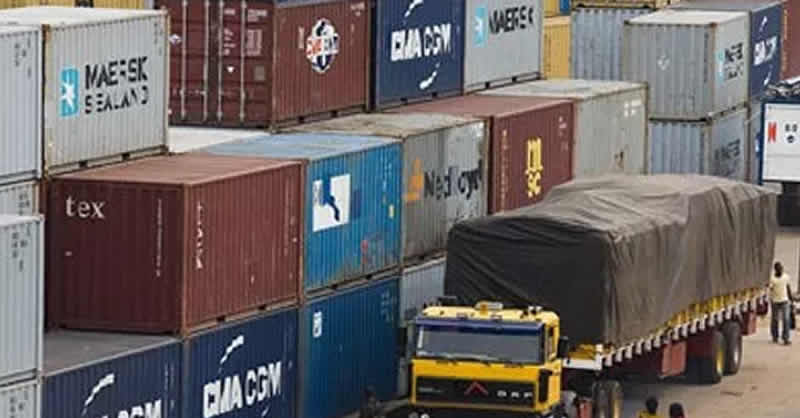Concerns as empty, rickety containers choke waterways
Nigeria’s waterways and ports are being overwhelmed by the accumulation of empty and dilapidated containers, posing significant environmental, economic, and public health risks. The scale of this crisis, highlighted by maritime analysts and shipping stakeholders, is now demanding urgent regulatory and operational intervention.
A recent report from the Sea Empowerment Research Centre (SEREC) estimates that between 65,000 and 100,000 empty containers are scattered across Nigerian ports and waterways. Nearly 45% of these are classified as rickety and structurally unsafe. These containers corrode riverbanks, block drainage channels, pollute water sources, and disrupt both fishing and transportation activities.
Shipping lines often abandon empty containers in Nigeria, citing the high costs of repatriation, which can reach between $2,000 to $6,000 per container depending on the destination. Consequently, over 97% of empty containers remain in the country, creating a backlog that clogs terminals, congests inland routes, and reduces available port capacity.
SEREC warned that this crisis results in an estimated national loss of $500 million annually. This includes demurrage fees, storage costs, port delays, lost revenue, and the impact of fluctuating foreign exchange rates. Additionally, the containers contribute to heavy metal pollution, soil degradation, and an increase in vector-borne diseases due to stagnant water and poor sanitation around the clusters.
Coastal communities like Kirikiri and Ilaje are bearing the brunt. Canoe operators and fishermen report declining incomes, higher risks of collisions, and reduced fish catches. “We navigate unseen containers; sometimes boats tip, nets are ruined, and catches drop,” said Ebighi Frank, a canoe operator.
Stakeholders also cite regulatory lapses. Freight agents reportedly exploit the situation by delaying container returns under the guise of damage or extortion, while bonded terminals are increasingly used as unauthorized storage yards.
Efforts by the Nigerian Ports Authority (NPA) have included promoting holding bays and bonded terminals to alleviate terminal congestion. The NPA has also convened meetings with shipping lines and terminal operators to improve communication and logistics around container movement.
According to the NPA’s General Manager of Corporate and Strategic Communications, Ikechukwu Onyemekara, a more coordinated approach involving examination and certification of holding bays is underway. Meanwhile, terminal operators like APM Terminals Apapa have temporarily restricted empty container intake until shipping lines clear existing stock.
Industry experts stress that resolving this crisis will require stricter regulations, investments in recycling infrastructure, incentivized container repatriation, and a national container management policy to prevent further degradation of Nigeria’s maritime environment.














Post Comment